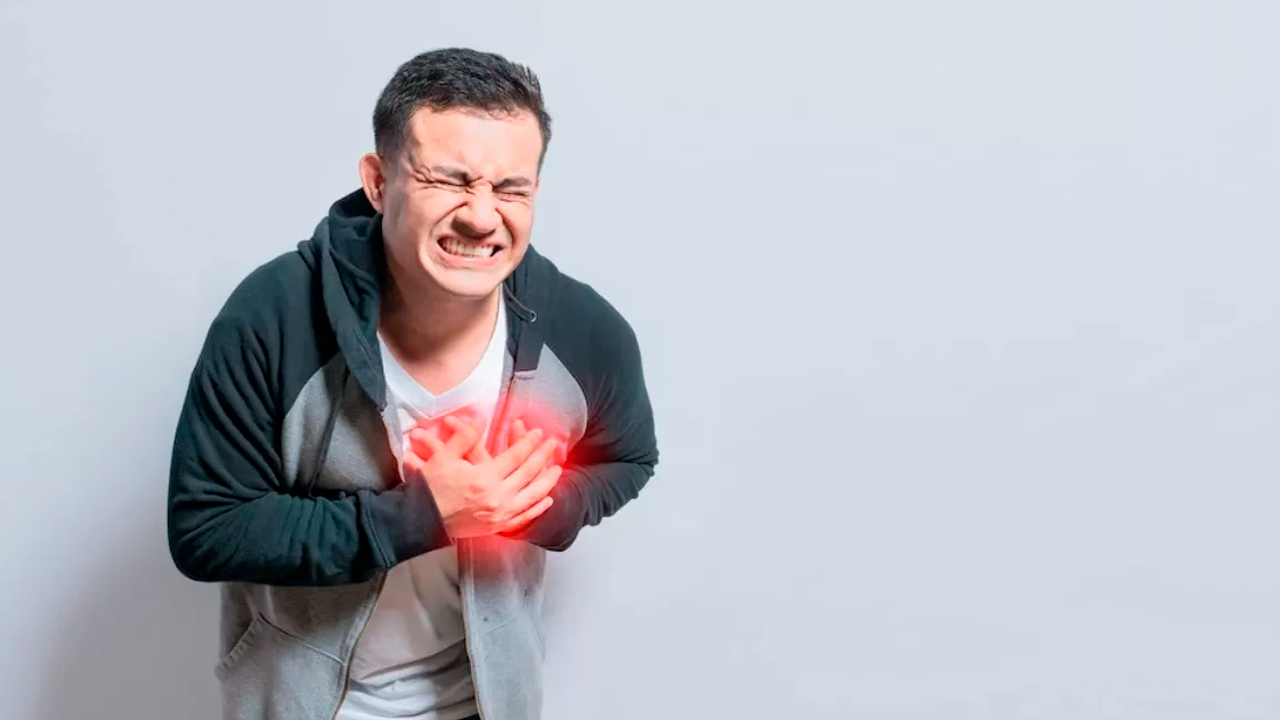Coronary artery disease is a heart condition that is detrimental. A minimally invasive treatment called percutaneous coronary intervention (PCI) is used to unblock clogged coronary (heart) arteries. Coronary angioplasty with stenting is an older name for PCI. Arteries are the blood vessels that carry oxygen-rich blood from your heart throughout your body. A PCI procedure uses a small balloon to reopen a blocked artery and increase blood flow. To keep the artery open over time, your interventional cardiologist typically inserts a tiny, long-lasting tube known as a stent. The stent usually contains medications that releases directly into your artery to reduce the risk of narrowing within the stent.
PCI procedure also removes the accumulation of a thick fatty substance called plaque from your arteries.
Plaque that builds up and hardens in your arteries is called atherosclerosis.
Plaque raises your chance of developing heart disease and restricts the flow of blood to your heart. Your heart doesn’t pump blood efficiently, and you may experience chest pain (angina). PCI can be also used for a heart attack treatment.
Benefits of PCI:
- Reduces angina
- Improves breathlessness
- Improves blood flow of your coronary artery without requiring open heart surgery
- May reduce the risk of heart attacks in the future
- Increases your chances of surviving, if you've had a heart attack
Risks of PCI:
All treatments have some risks, PCI procedures also have some risks that include:
- Bleeding or infection at the catheter insertion site
- Blood clots in the heart stent
- Re-narrowing in the artery
- Stroke
Generally speaking, PCI is a safe procedure with low risk. The probability of a closed artery is less than 5%.
Recovery process after PCI:
- You may get discharged at the same or following day.
- You may have soreness for which you can take medicines prescribed by your doctor to relieve any pain.
- You can resume your usual activities within a week after a PCI.
- Although you should avoid any strenuous physical activities or weight-lifting.
- Adapt healthy lifestyle habits to lower the chance of the arteries closing again.

 Percutaneous coronary intervention is one of the safest treatments for treating coronary artery disease, which can be fatal. Let's know more about it.
Percutaneous coronary intervention is one of the safest treatments for treating coronary artery disease, which can be fatal. Let's know more about it. 









.jpeg)


.jpeg)
.jpeg)
.jpeg)
_(1).jpeg)

_(1)_(1)_(1).jpeg)
.jpeg)
.jpeg)
.jpeg)








.jpeg)
.jpeg)